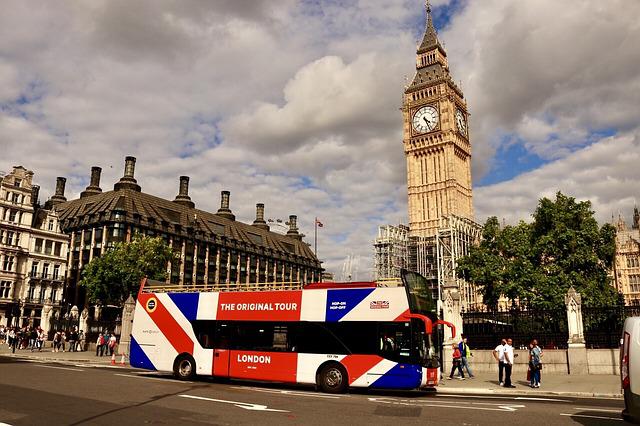December 14, 2022
Despite economists and observers’ concerns that the monthly figures conceal the underlying recession, the UK economy recovered in October at a faster rate than forecast.
The Bank of England is widely anticipated to slow the pace of interest rate increases later this week. Following the bank’s delivery of a 75 bps rate increase in November—the largest in 33 years—markets have factored in a 50 bps increase.
According to data released by the Office for National Statistics, monthly real gross domestic product increased by 0.5 percent in October, reversing a decline of 0.6 percent in September.
Following a decline in September GDP due to the additional bank holiday for HM Queen Elizabeth II’s State Funeral, an increase in GDP of 0.4% was anticipated.
The UK economy is probably going to get worse before it gets better, according to Chancellor Jeremy Hunt, who was speaking to the BBC.
According to the British Chambers of Commerce, or BCC, the rise in October is not likely to prevent a recession. The business lobby anticipates five straight quarters of economic contraction.
The Bank of England anticipates an even longer recessionary period. The bank predicts that the UK will experience a recession for the all of 2019 and the first half of 2024, with a slow recovery afterwards.
The BoE had predicted at its November meeting that the economy would experience a 0.3 percent drop in the fourth quarter, following a third quarter decline of 0.2 percent.
According to ONS data, the service sector, which had experienced a 0.8 percent decline in September, experienced a 0.6 percent growth in October.
Industrial production, meanwhile, remained largely steady after expanding by 0.2 percent in September. Production was expected to increase by 0.1%. A 0.7% increase in manufacturing completely offset the negative growth in three of the four subsectors.
Construction increased 0.8 percent in October, marking the fourth straight gain, driven by increases in both new work and repair and maintenance.
In the three months leading up to October, GDP decreased by 0.3 percent, which was somewhat less than the predicted fall of 0.4 percent.
On a yearly basis, economic growth increased from 1.3 percent in September to 1.5 percent. The rate was slightly higher than the 1.4 percent forecast made by economists.
According to a second data from the ONS, the October visible trade deficit decreased to a 10-month low as a result of lowering imports. From GBP 15.66 billion in September, the trade imbalance shrunk to GBP 14.48 billion in October.
Compared to September, exports fell by 0.6% while imports fell by 2.6%.
The overall trade deficit was GBP 1.78 billion, down from a GBP 3.13 billion deficit one month prior.
Source: RTT News
Legal Notice: The information in this article is intended for information purposes only. It is not intended for professional information purposes specific to a person or an institution. Every institution has different requirements because of its own circumstances even though they bear a resemblance to each other. Consequently, it is your interest to consult on an expert before taking a decision based on information stated in this article and putting into practice. Neither Karen Audit nor related person or institutions are not responsible for any damages or losses that might occur in consequence of the use of the information in this article by private or formal, real or legal person and institutions.






